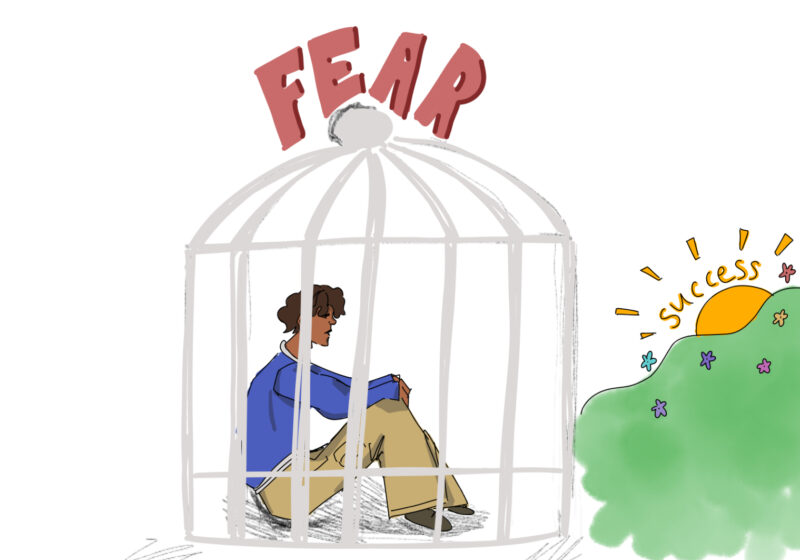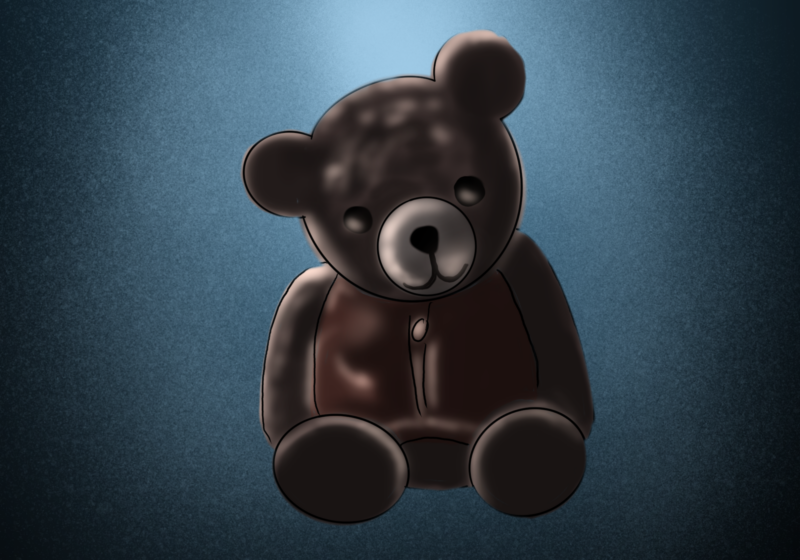In this first week back after Thanksgiving break, I am thankful that I live and study in a community where people are respected as people and pluralism is a part of my everyday experience. However, in the wake of the Fort Hood shooting and the reaction against a Best Buy advertisement that wished Muslims a happy Eid al-Adha, we are reminded that the climate at UR is the exception, not the rule.
There is tension and conflict in the world as a result of religion, race, ethnicity and sexual orientation. UR is a relative safe-haven for people of all background and identities according to two campus surveys: a personal interaction and the campus climate survey taken in the spring of 2008. I believe that there is an urgent need to utilize this amazing safe space to engage with different forms of diversity. That way, we can engage just as fully in the less protected and more polarized environment we will find upon graduation.
In my three-and-a-half years at UR, I have come to view college as a rare opportunity to explore and practice skills within this relatively protected environment. It starts with time management as we shift from the structured high school experience to the freedom of college life. We also use this time to build up our self-control, identify what drives us from within and explore the world of academia with as few distractions as we will ever find.
Another skill we have the opportunity to develop is how to learn from people who come from vastly different backgrounds or are guided by fundamentally different philosophical tenets. This skill is essential in our personal lives and also in informing the way that cultures and countries interact. We as college students are the next generation of leaders, politicians and parents. Being able to build a mutually beneficial and productive relationship with someone who is different will create a workplace, society and hopefully world in which cooperation is paramount.
Interfaith is the model for building a pluralistic environment that speaks most deeply to me. The interfaith movement is about bringing people of all different faiths together to build enriching and respectful relationships while acting together toward the common good. These two elements dialogue and action are essential and inseparable to the movement.
Students for Interfaith Action (SIA) is one example that provides a forum for interfaith interactions. It strives to create programming that creates a safe space for the casual as well as the more difficult conversations about how our religious or philosophical backgrounds inform the way we view the world. More than providing information about various faith traditions, these forums are an opportunity to share personal stories and listen to other people’s.
These opportunities for dialogue are chances to experience another person and another outlook. Sometimes they need to be formally organized because there are topics and questions that are hard to bring up. Each encounter in which personal experiences are shared means bridges are built. Each bridge built has value on its own, but the skills gained while building make the next bridge that much easier to begin.
These encounters can be incredibly powerful on their own but are significantly more important within the context of finding common ground. This commonality can be built upon and used for the betterment of society. Social action is a common thread that allows people of all religions to connect and work together. Through this common action, we can get to know each other in a way that information, discussions and debates can never do. Community engagement is an essential part of interfaith work and, consequently, the SIA model on campus.
Fortunately at UR, there are no situations on campus to react to. In my mind, that is beside the point because there is still so much work to be done. We need to engage in these important questions being raised outside of campus, like the role of religion in the Fort Hood shooting and why Best Buy’s advertisement was so controversial. We will one day leave campus and, once that happens, we need to be prepared to react based on experience and defend whatever positions we each hold.
Slater is a member of the class of 2010





